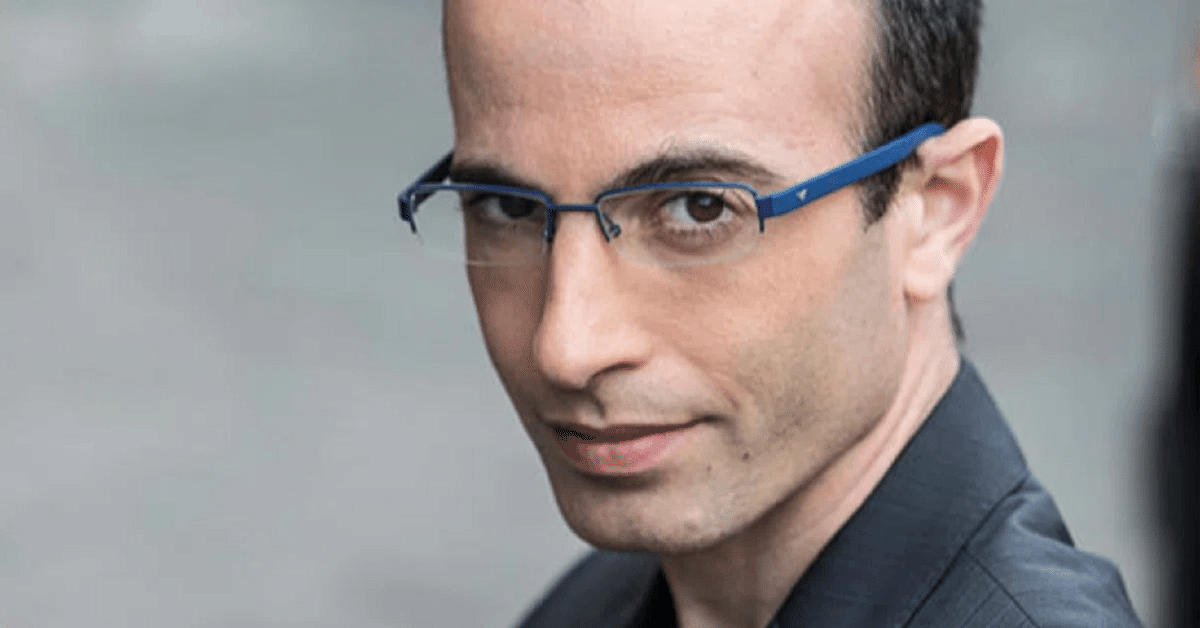
ユバル・ノア・ハラリ「Will coronavirus change our attitudes to death? Quite the opposite」- 2
ユバル・ノア・ハラリ氏のThe Guardian の記事、「Will coronavirus change our attitudes to death? Quite the opposite」を読み下します。翻訳ではありません。英文をどのようにして読めば読めるようになるかを実践します。
Then came the scientific revolution. For scientists, death isn’t a divine decree – it is merely a technical problem. Humans die not because God said so, but because of some technical glitch. The heart stops pumping blood. Cancer has destroyed the liver. Viruses multiply in the lungs. And what is responsible for all these technical problems? Other technical problems. The heart stops pumping blood because not enough oxygen reaches the heart muscle. Cancerous cells spread in the liver because of some chance genetic mutation. Viruses settled in my lungs because somebody sneezed on the bus. Nothing metaphysical about it.
そのとき、科学革命が起こった。科学者にとって、死は神の定めではなく単なる技術的に問題に過ぎない。人間はかみがそう言ったから死ぬのでは無い、何らかの技術的不具合のせいで死ぬ。心臓が血液を送り出さなくなったり、癌が肝臓を破壊したり、ウィルスが肺の中で増殖したりするからだ。では、何がこうした技術的問題の原因なのか。他の技術的問題だ。心臓が血液を送り出さないのは、心臓の筋肉に充分な酸素が届かないから。肝臓にがん細胞が広がるのは偶然の遺伝子変異のため。ウィルスが私の肺の中に住みついたのは誰かがバスの中でくしゃみをしたからだ。それについて、形而上学的なところは何もない。
And science believes that every technical problem has a technical solution. We don’t need to wait for Christ’s second coming in order to overcome death. A couple of scientists in a lab can do it. Whereas traditionally death was the speciality of priests and theologians in black cassocks, now it’s the folks in white lab coats. If the heart flutters, we can stimulate it with a pacemaker or even transplant a new heart. If cancer rampages, we can kill it with radiation. If viruses proliferate in the lungs, we can subdue them with some new medicine.
そして、科学は信じている、どんな技術的問題にも技術的解決策があると。我々は神の再降臨を待つ必要はない、死を克服するために。研究室の科学者達が
それをする事ができる。伝統的には死は聖職者や神学者の得意分野だったが、黒い衣をまとった、今や白衣を着た研究者だ。もし心臓が不規則に鼓動すればペースメーカーで刺激を与えたり、新しい心臓を移植することさえ可能だ。もし、癌が暴れたら放射線で殺すことができる。もしウィルスが肺の中で急増したら何か新しい薬で抑え込める。
True, at present we cannot solve all technical problems. But we are working on them. The best human minds no longer spend their time trying to give meaning to death. Instead, they are busy extending life. They are investigating the microbiological, physiological and genetic systems responsible for disease and old age, and developing new medicines and revolutionary treatments.
たしかに、今のところ、我々は全ての技術問題を解決できているわけではない。しかし我々は取り組み続けている。最高の頭脳を持つ人々はもはや時間を費やすことは無い死に意味を与えようとして。代わりに彼らは寿命を伸ばすことに余念がない。彼らは調査している、微生物学的・せいりがくてき・遺伝学的システムを、病気や老化の原因となる、そして新しい薬や画期的な治療法を開発している。
In their struggle to extend life, humans have been remarkably successful. Over the last two centuries, average life expectancy has jumped from under 40 years to 72 in the entire world, and to more than 80 in some developed countries. Children in particular have succeeded in escaping death’s clutches. Until the 20th century, at least a third of children never reached adulthood. Youngsters routinely succumbed to childhood diseases such as dysentery, measles and smallpox. In 17th-century England, about 150 out of every 1,000 newborns died during their first year, and only about 700 made it to age 15. Today, only five out of 1,000 English babies die during their first year, and 993 get to celebrate their 15th birthday. In the world as a whole, child mortality is down to less than 5%.
彼らの寿命を伸ばす取り組みにおいて、人類は驚くべき成功を収めてきた。過去2世紀の間、平均寿命は跳ね上がった、40年未満から72年へ、全世界で、80年超へ、一部の先進国では。とくに、子供たちは成功した、死の手から逃れることに。20世紀まで、子供達の3分の1は大人にならなかった。若者達は日常的に幼少期の病気に罹っていた、赤痢や麻疹や天然痘に。17世紀のイングランドでは、新生児1000人当たりおよそ150人が最初の1年で亡くなり、わずか700人ほどだけが15歳まで生き延びた。今日、イギリスの赤ん坊1000人あたりわずか5人が最初の1年で亡くなり、993人が15歳の誕生日を祝うことができる。世界全体では、小児死亡率は5%を下回っている。
